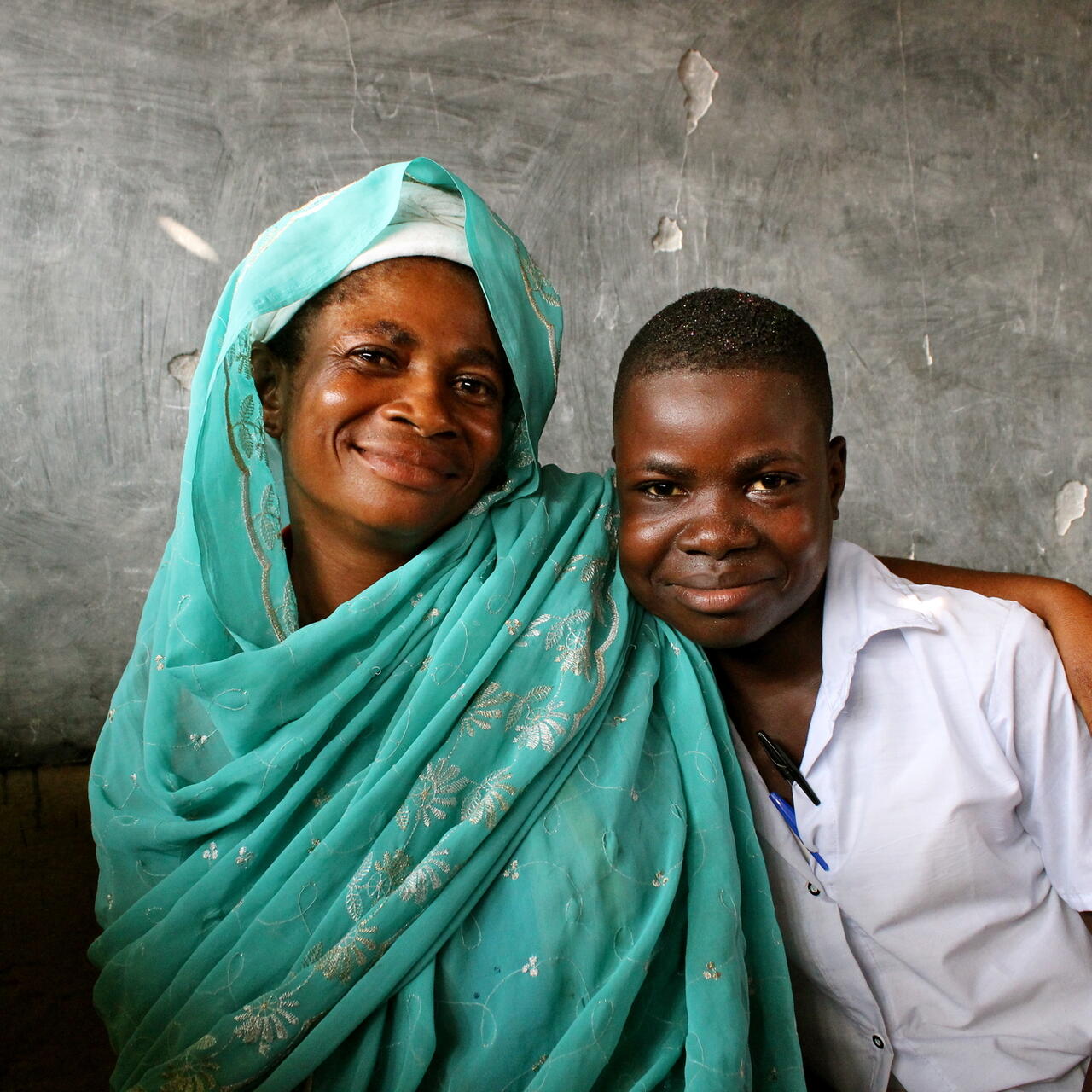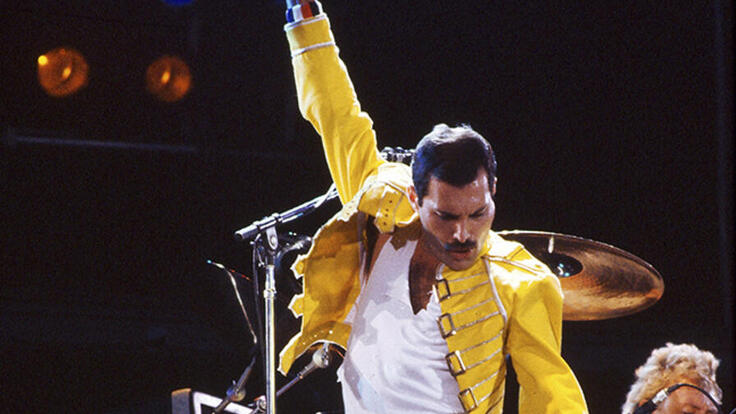UK Aid is more important now than ever — and represents the best of British. Aid works, saves lives and earns the UK respect in the world. Yet, the UK government is slashing its aid budget from 0.7% of the GNI to 0.5%. This means the UK is planning to spend 40% less on humanitarian aid than before the coronavirus pandemic, at a time when humanitarian need is 40% higher. This is just one element of the cuts that are happening at a time of unprecedented humanitarian crisis, and will be devastating for the world's most vulnerable.
The IRC's mission is simple: to help the world’s most vulnerable people rebuild their lives and regain control of their futures. With over 70 million people displaced by conflict or persecution worldwide, we know that UK Aid is crucial in realising this.
Aid works
When a disaster or conflict hits a community, people are forced to flee in order to remain safe. Aid is the immediate response - to provide the food, water and shelter that people need to survive.
The impact of aid speaks for itself - with the support of British taxpayers the IRC and partners provided over 1.2 million health consultations and supported over 13,000 children with education in Syria between April 2015 to December 2016.
Aid saves lives
Less money is spent on aid than is wasted on food thrown away in households across the UK. Yet the results can transform lives. UK aid stops mothers and their babies from needlessly dying, helps children stay in school, and ensures people can build their independence once again.
The generosity of the British people has provided over 30 million children under five and pregnant women with vital nutrition since 2011. It builds self-reliance, helping 69 million people work their way out of poverty in that same period.
The IRC understands that aid needs to be spent efficiently and effectively. We take inspiration from Albert Einstein, at whose request the IRC was founded, to commit to the innovation needed to respond to the most pressing problems of today.
We know that humanitarian aid alone isn’t enough. When a crisis is over, longer-term support through development aid is essential to help communities rebuild and strengthen, preventing future crises from happening in the first place.
Find out more about our commitment to better aid.
UK Aid represents the very best of Britain's values and long-standing traditions as a country. A country that believes in a sense of fair play, providing a helping hand when disaster hits. Aid brings strength, profile and influence, earning Britain respect in the world. The UK can be proud of its record of fighting Ebola in Sierra Leone and helping Nepal to rebuild after the 2015 earthquake.
Yet in 2021, during the global coronavirus pandemic, the UK has made devastating cuts to its aid budget. For example, the reduction in funding to humanitarian response, from £1.27bn last year to £900m this year, will leave thousands of vulnerable people without lifesaving aid. This is just one area of many in which the UK is withdrawing finance and support from those that need it most.
Slashing aid - in defiance of a legal duty to spend 0.7% - undermines the country’s strong legacy as a humanitarian leader. The UK’s longstanding commitment to spending 0.7% of the UK’s national income on helping the most vulnerable has been a living and breathing example of Global Britain. The IRC believes the decision to enact these aid cuts is fundamentally the wrong decision. It is morally wrong, leaves people without life-saving support and hampers the global recovery from COVID-19.
Analysis has found that the UK is spending 40% less on humanitarian aid than before the pandemic, at a time when the UN predicts that the humanitarian need in 2021 is nearly 40% higher.
This comes at a time when countries around the world are at risk of famine, with 270 million people facing acute levels of hunger.
Some countries like Syria (where our funding is down over 75% on last year) and Yemen (where UK aid has been cut by 59%) - are on the brink of famine, due to continuing conflict, barriers on humanitarian access, and rising food prices driven by the economic fallout of Covid. Yet over the past year we have seen the UK significantly reduce aid to the humanitarian responses in both of these two countries.
Vulnerable groups, like women and girls, are being hit hardest. The IRC estimates 20 million women and girls won’t be reached by programming due to the funding restrictions.
Lives will be lost as a result if the cuts to UK aid are not reversed.
Now is the time to stand up for what is right. Your support will help the impact UK aid has in rescuing lives. Contact your MP to tell them how important the UK's role in international development is to you.

